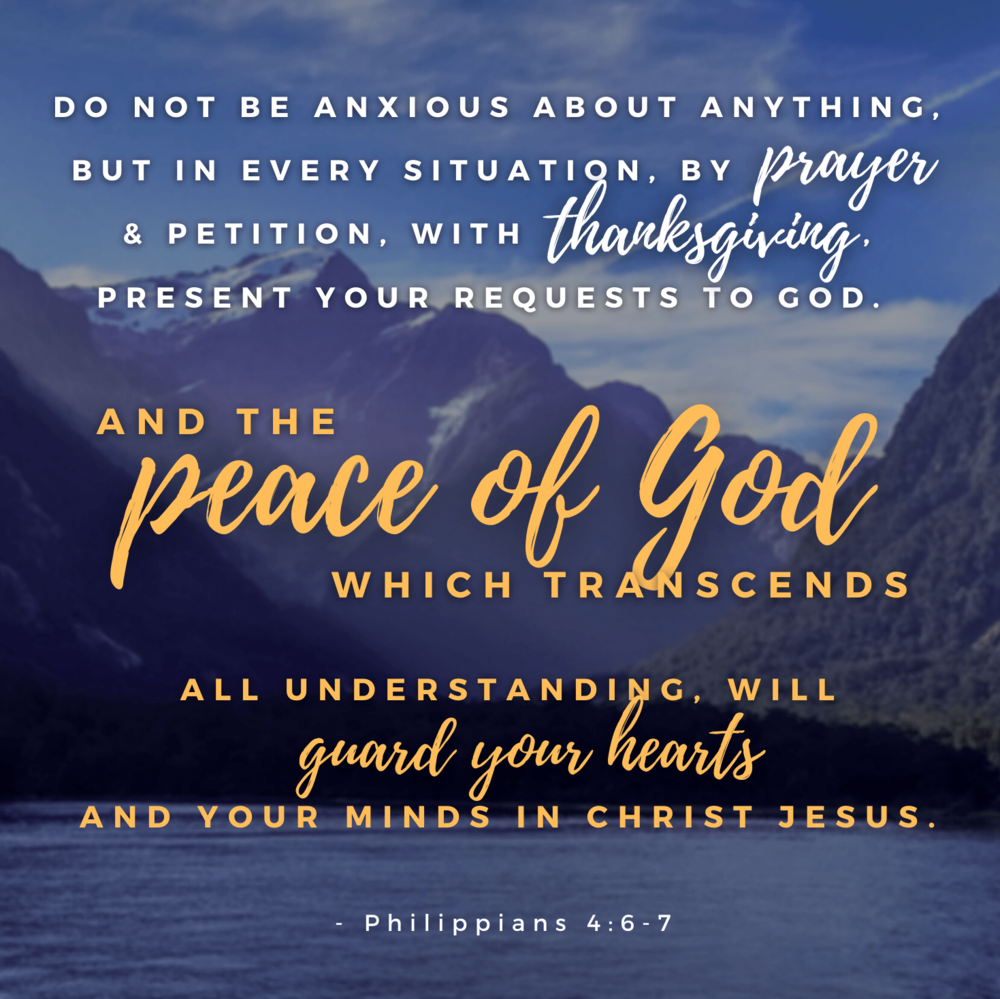

A question came to me by email from someone who watches services online.
I know that being cooped up during COVID has made me more cynical. I say stuff before thinking and that’s not the me I want to be. How do I stop? I need more peace and to make better decisions.
Anonymous
This is something a lot of us are waking up to and dealing with, so first, know you’re not alone. Far from it. You’ve got a lot of friends and neighbors doing the same self-improvement. The Bible offers such awesome help with everything and one is to confess your sins to one another. When we say “I’m trying to be more positive, less cynical” we invite others to hold us accountable. We are made for connection and need this support. Consider sharing this goal with the people closest to you so they can help identify when you’re back-peddling. Always say “thank you” when they remind you.
Identify the cynical influences around you and reduce (or eliminate when possible) your exposure to them. Cynicism feeds cynicism. We need to starve it. Unfollow those influences on FB, stop watching the tv shows and online content that celebrates cynicism in favor of the influences that mirror what you want to become. Be fed honest positive content.
Make a decision to run all your posts and comments thoroughly through a Jesus filter first. You’ll be surprised how little you will be posting and commenting compared to before. More scrolling will be the telltale sign of progress. Retaining peace of mind becomes the priority over giving little pieces of your mind every time the opportunity presents itself.
We all have come through pandemic with a degree of cynicism because frankly, we have been fed a steady diet of it for a long time. Without a steady diet of hope to combat it, we fall into that pit.
Another key component to our overall mental health is the ability to make better decisions. The key to making better decisions is rest. I’ve been studying about these things a long time, and there is a reason God commands rest one day a week. We need it. We also need to recognize the blurred line between work and home life. It used to be that we go to work, put in the hours, go home and we’re in home mode. Now, we take work home with us literally and figuratively. Our phones go off and we see the emails and the texts from clients or friends at the office who want to continue the conversation you had at work. I thought I was really disciplined because I turn off my phone overnight while I sleep. What that practice became for me was giving myself permission to commit to uninterrupted rest. Now, I’ve started to try to not answer the emails or texts that are work related until office hours. Being a pastor means I am on call all the time, so the home phone is always on and I’m available. I also run a business, and those who know me through the business know this effort of working only during office hours is a work in progress. It has become necessary because when you realize you’re not really hearing your spouse talking about their day because you are trying to figure out the answer to the question the client is asking you after 6pm on Thursday…that’s when you know you’re line between work and family are blurred and it needs to be re-established. (Working from home also blurs those lines, so be extra observant if you do.)
Finally, all behavior is a decision. And adequate rest makes decisions easier and better in the long run. I never make a major decision after 6pm because I’m getting tired. Tired Theresa makes bad decisions. This is also why evening meetings that go longer than an hour are less effective. You’ve got a room full of people with limited time to spend what’s left of their energy effectively. I try to rest before a meeting to improve my effectiveness but it’s not always possible. Recognize in meetings when you’re really not going to solve the issue well, and table it for the next. All that time and rest between will allow for better decisions in the end.
All this runs counter to our culture. When you study about the early Christians in the book of Acts, they lived radically different from the culture and societal norms. It wasn’t just “hard” it was illegal, but people from the wealthy and powerful to the most oppressed slaves wanted that “different” and they sat together in those home church meetings and around the same tables breaking bread and sharing their lives. They became a non-anxious presence in a culture that was over the top anxious. Sound familiar?
We have the option to live as they did and change our lives. But like them, we need our faith community for support, accountability and scriptural equipping to attain and retain peace that does not depend on our circumstances. Consider the following:
Proverbs 3:5-6 ESV Trust in the Lord with all your heart, and do not lean on your own understanding. In all your ways acknowledge him, and he will make straight your paths.
Isaiah 30:21 ESV And your ears shall hear a word behind you, saying, “This is the way, walk in it,” when you turn to the right or when you turn to the left.
Proverbs 11:14 ESV Where there is no guidance, a people falls, but in an abundance of counselors there is safety.
1 Corinthians 10:31 ESV So, whether you eat or drink, or whatever you do, do all to the glory of God.
James 3:17 ESV But the wisdom from above is first pure, then peaceable, gentle, open to reason, full of mercy and good fruits, impartial and sincere.
Peace.
With hands to the plow,
Pastor Theresa
